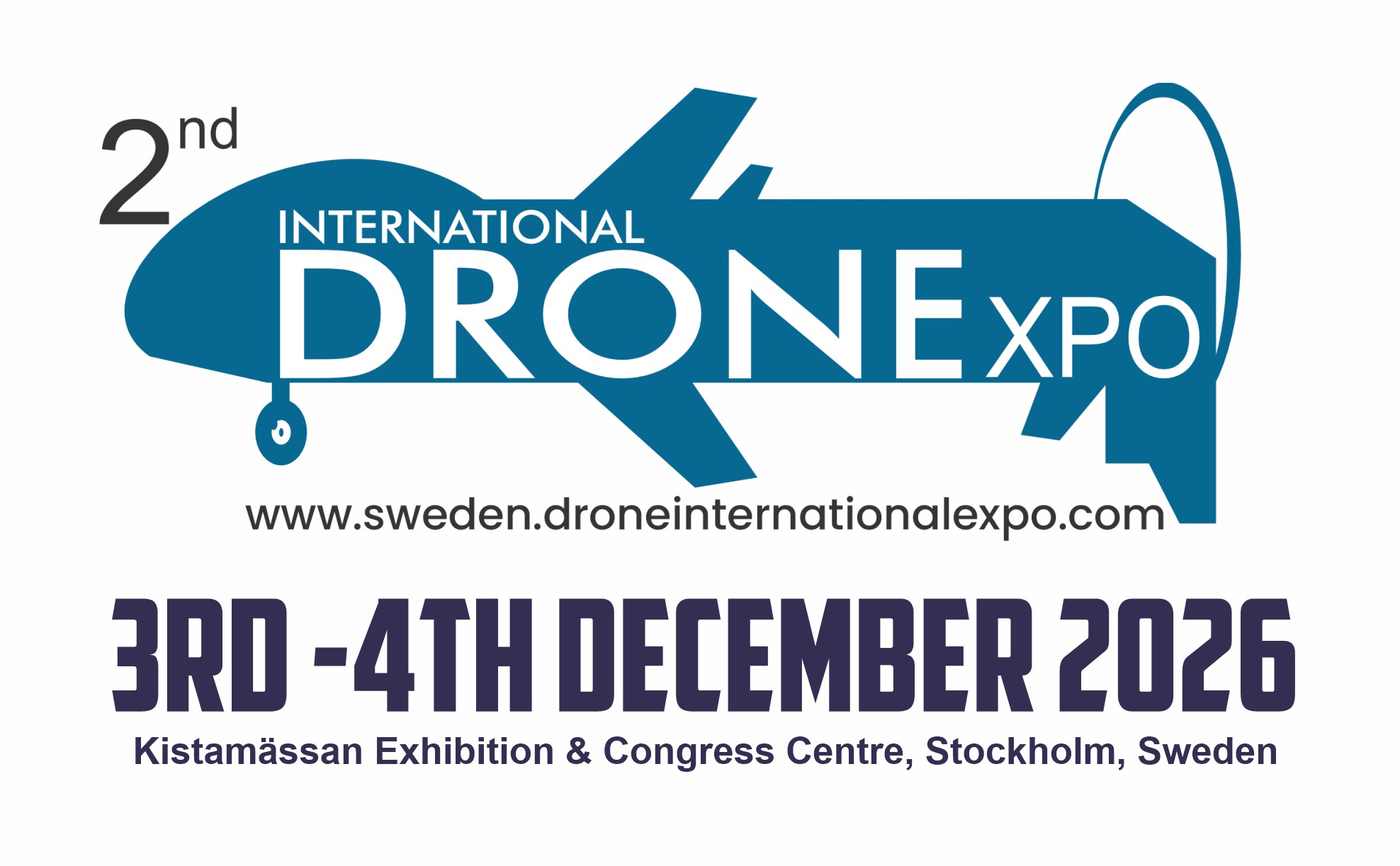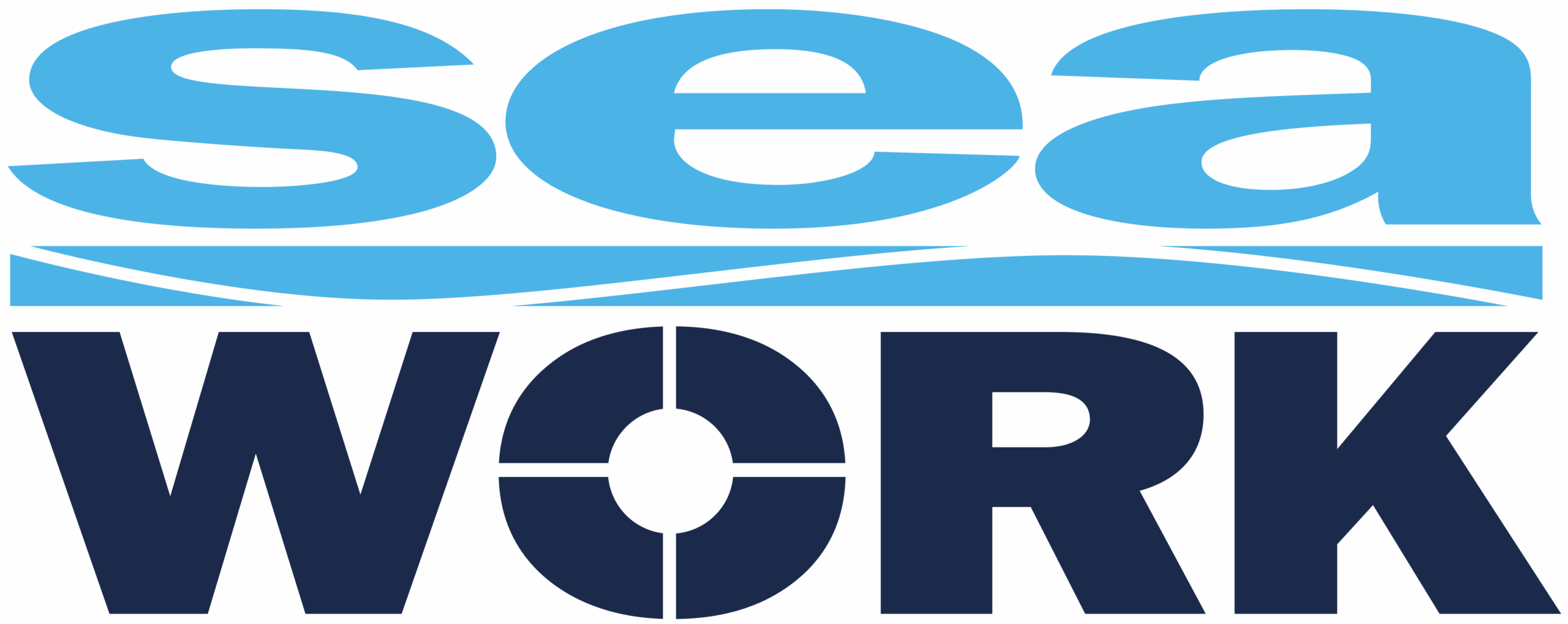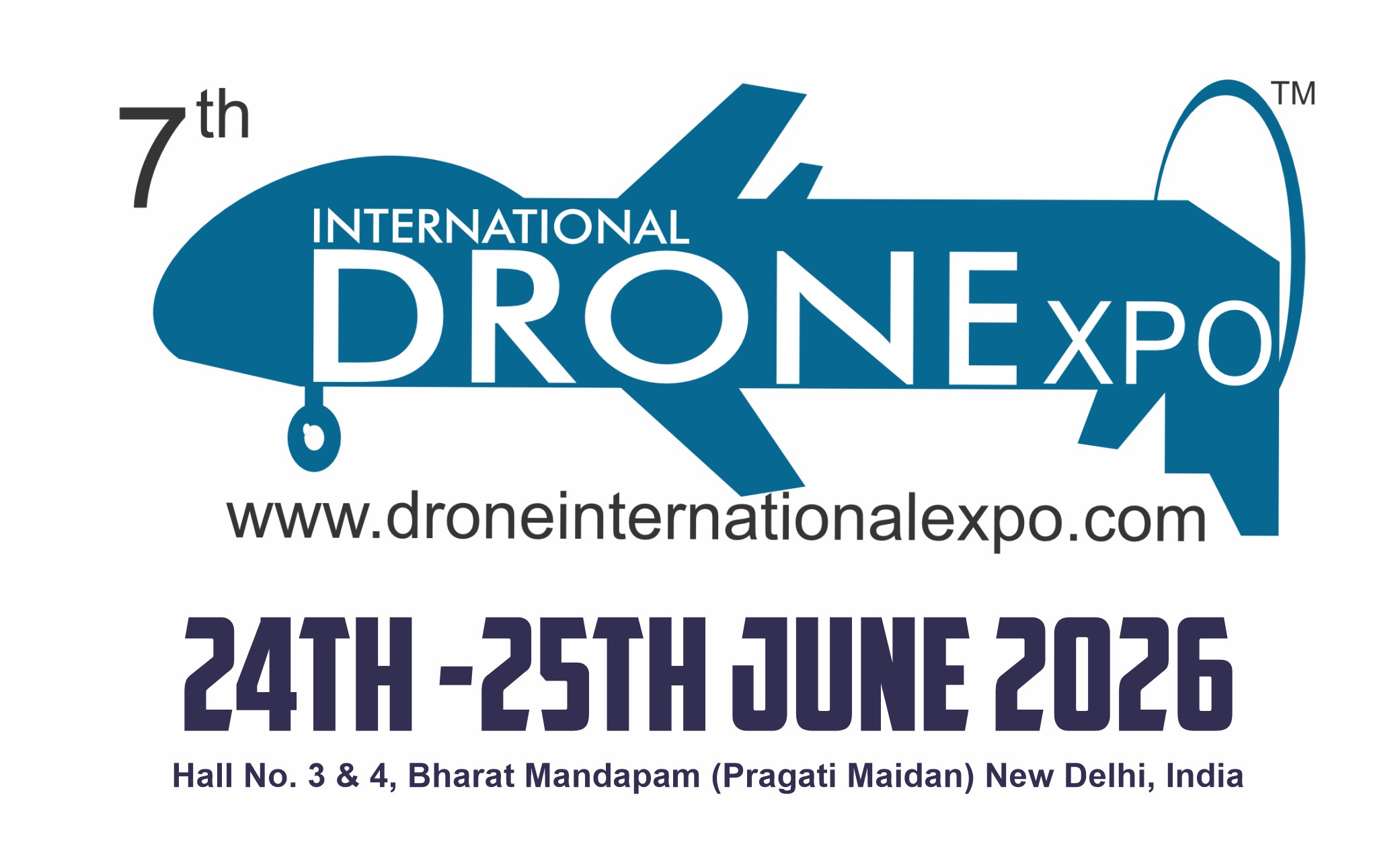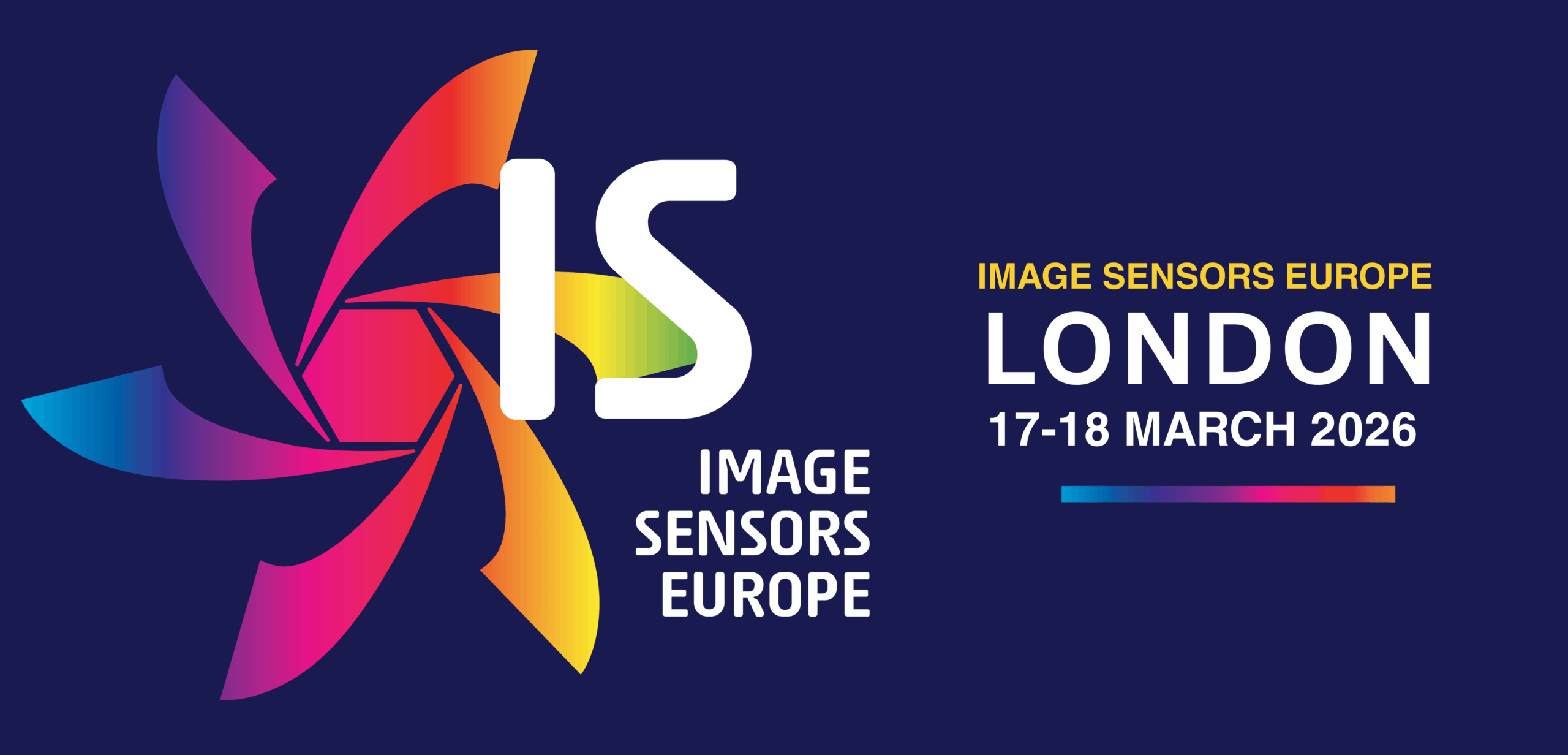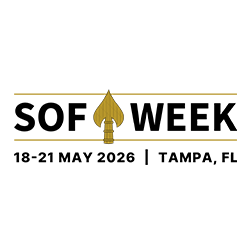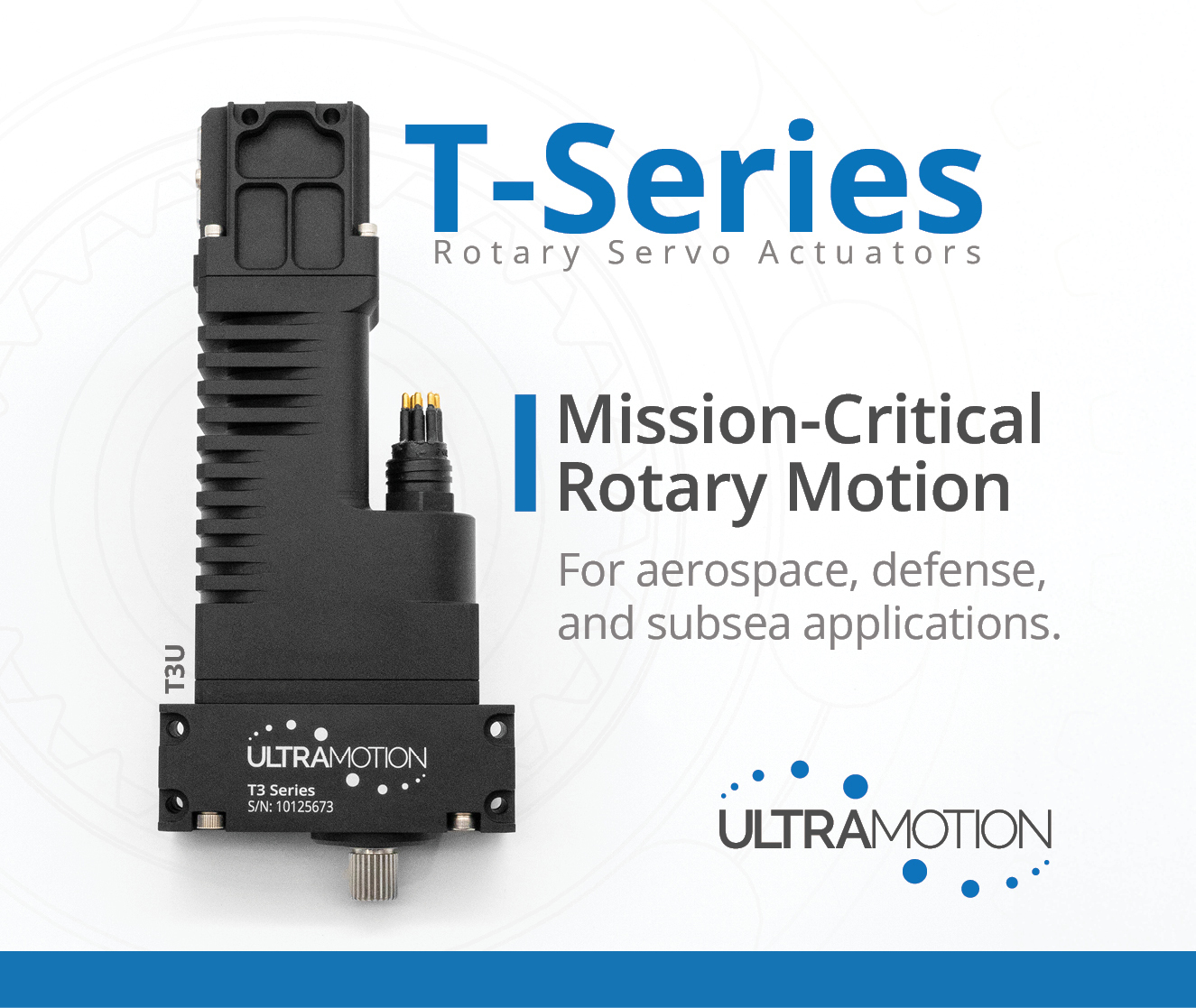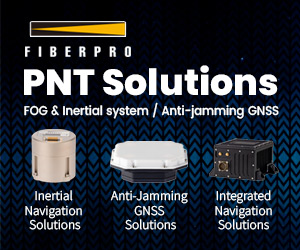Automating impact protection vehicles
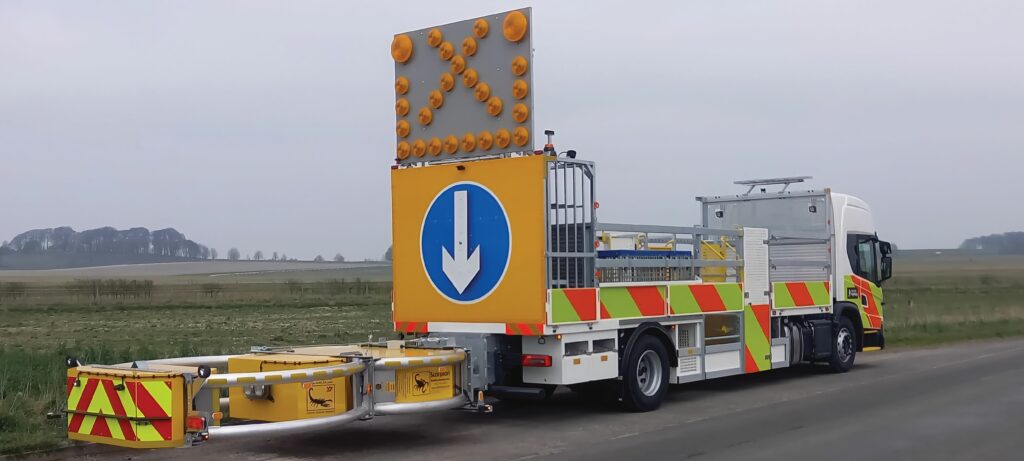
(Image courtesy of Ringway)
Fusion Processing in the UK is automating Impact Protection Vehicles (IPVs) that are used on highways, writes Nick Flaherty.
The company is conducting a technical feasibility study to trial systems using its CAVstar system. The aim is to remove the need for a driver in the cab during live roadworks, significantly improving safety for road maintenance crews.
IPVs are typically used to shield road workers during short-duration mobile works on live carriageways but collisions remain frequent. There are around 1500 IPVs on the UK’s roads, with 105 collisions reported between 2019 and 2024.
The system will operate at SAE Level 4 autonomy using CAVstar, which has also been used for self-driving bus projects in both Scotland and Greenwich (London), as well as in depots with bus operator Stagecoach. The IPV will be designed to operate in both manual and autonomous mode.
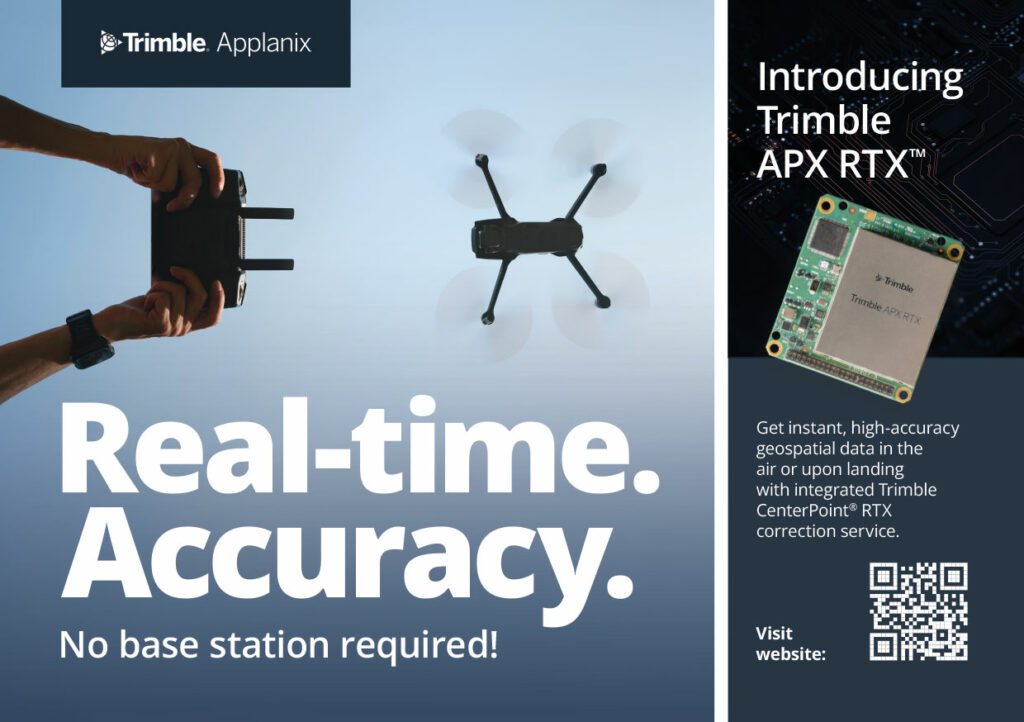
The feasibility study also includes highway maintenance companies Ringway and Colas with expertise from TRL and IPV specialist Acklea. Automating the IPV will remove the need for a driver entirely, eliminating the risk of injury or trauma from rear-end collisions.
“TRL is developing a detailed understanding of the Operational Design Domain (ODD) to support the evaluation of the system’s technical and operational feasibility. As part of this work, we will assess the operational and ODD risks to ensure the system is suitable for real-world deployment. We are also leading on the regulatory feasibility, assessing how the system aligns with existing regulations and identifying any gaps that may need to be addressed,” said David Hynd, principal consultant at TRL.
UPCOMING EVENTS


